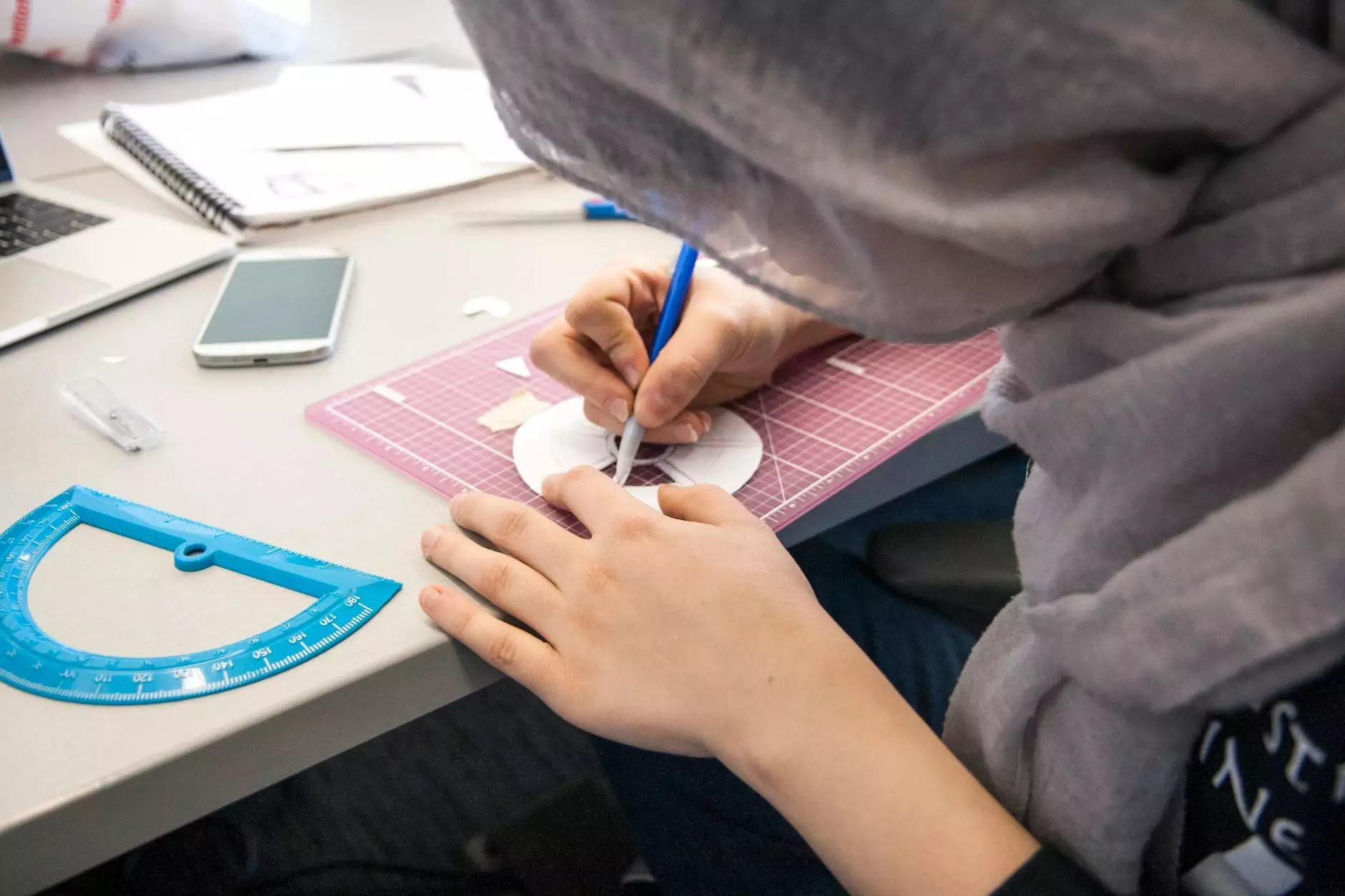A Comprehensive Guide for GCSE Coursework - Studybay

Introduction
Welcome to The Knowledge Nest's comprehensive guide for GCSE coursework. This resource aims to provide you with all the necessary information and tips to excel in your coursework submissions. From selecting suitable topics to delivering impressive papers, we've got you covered!
Why is GCSE Coursework Important?
GCSE coursework plays a crucial role in your overall academic performance. Not only does it provide an opportunity to demonstrate your understanding of the subject, but it also allows you to showcase your research and analytical skills. Your coursework has the potential to significantly improve your final grade, so it's essential to approach it diligently.
Choosing the Right GCSE Coursework Topics
Selecting the right coursework topics is vital for your success. To make an informed decision, consider the following factors:
1. Personal Interest
Choose topics that genuinely interest you. When you are passionate about the subject matter, the process becomes more engaging and enjoyable. Look for areas in your GCSE syllabus that captivate your attention.
2. Relevance
Ensure that the chosen topic aligns with the course requirements and learning objectives. Consult your teachers or coursework guidelines to confirm if your desired topic is appropriate.
3. Resource Availability
Consider the availability of resources, both online and offline, to support your research. A topic with ample resources will enhance your ability to delve deep into the subject and provide a well-rounded analysis.
Planning and Researching for GCSE Coursework
Once your topic is finalized, it's time to dive into the planning and research phase. Follow these steps:
1. Identify Key Research Questions
Formulate clear and concise research questions that will guide your coursework. These questions will help you structure your research and ensure you stay focused throughout the process.
2. Gather Information
Utilize various resources, such as textbooks, academic journals, websites, and reputable online databases, to gather relevant information. Make sure to critically evaluate your sources for credibility and accuracy.
3. Organize Your Findings
Create an outline or a mind map to organize your research findings. This will help you identify the main points and sub-topics that will form the backbone of your coursework.
Structuring Your GCSE Coursework
Proper structure and organization are key to presenting a coherent and well-argued coursework:
1. Introduction
Start with a compelling introduction that outlines the aim of your coursework and provides background information. State your research questions and explain the significance of your chosen topic.
2. Main Body
The main body of your coursework should be divided into logical sections. Each section should focus on a specific aspect related to your research questions. Provide evidence, examples, and arguments to support your analysis.
3. Conclusion
Summarize your findings and restate your key arguments in the conclusion. Reflect on the implications of your research and suggest areas for further exploration.
Tips for Writing Impressive GCSE Coursework
Writing a stellar GCSE coursework requires attention to detail and exceptional writing skills. Consider the following tips to enhance your writing:
1. Language and Style
Use clear and concise language to convey your ideas effectively. Maintain a formal tone and avoid excessive jargon. Vary your sentence structure to create flow and interest.
2. Grammar and Spelling
Proofread your coursework meticulously to eliminate any grammatical or spelling errors. Pay attention to punctuation, sentence fragments, and subject-verb agreement.
3. Citations and Referencing
Accurately cite all the sources used in your coursework. Follow the recommended citation style (e.g., MLA, APA) and create a bibliography or reference list to validate the credibility of your research.
Submitting Your GCSE Coursework
Before submitting your coursework, ensure you complete the following checks:
1. Proofread and Edit
Thoroughly edit your coursework, checking for logical coherence, clarity, and consistency. Polish your sentences and remove any redundant information.
2. Word Count and Formatting
Adhere to the specified word count and formatting guidelines provided by your educational institution. Pay attention to font style, size, line spacing, and margins.
3. Plagiarism Check
Run a plagiarism check using reliable software to ensure your work is original and properly attributed. Plagiarism can have severe consequences, so it's crucial to avoid it at all costs.
Conclusion
In conclusion, mastering GCSE coursework requires careful planning, thorough research, and exceptional writing skills. By following the guidance provided in this comprehensive guide, you will be well-equipped to tackle any coursework challenge. Remember, practice makes perfect, so keep refining your skills and strive for excellence. Good luck with your GCSE coursework!
For more resources and guidance on GCSE coursework, visit The Knowledge Nest - your trusted educational hub dedicated to empowering students in their academic journey.









